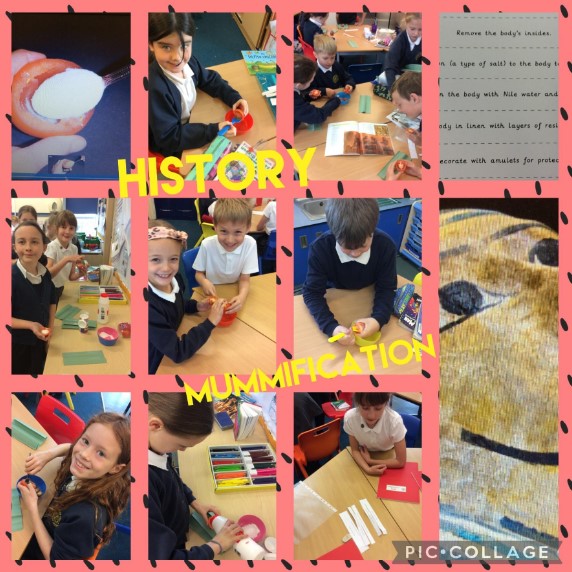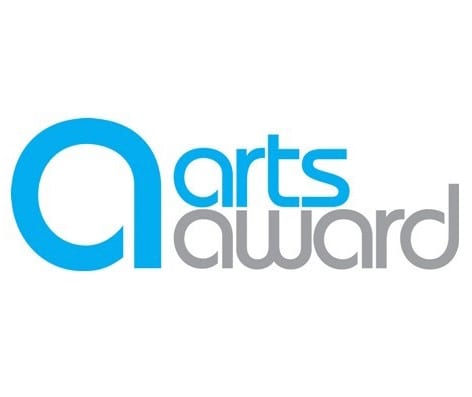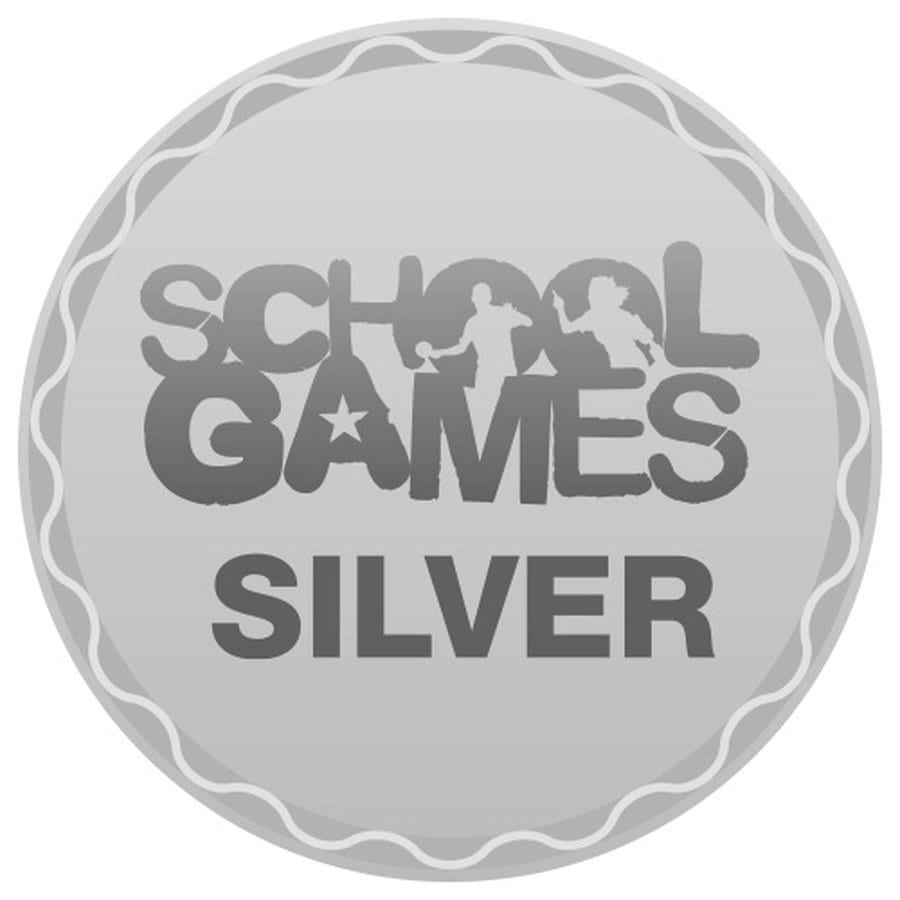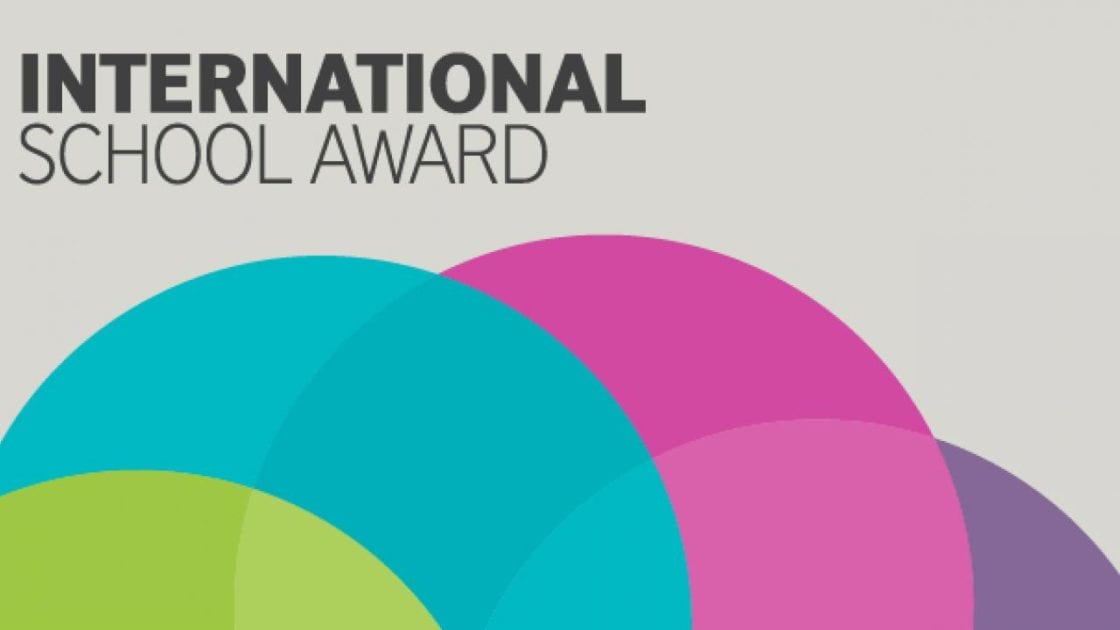History Subject Lead: Mrs Wilkinson
History Link Governor: Mrs Hunter
Our scheme of work fulfils the statutory requirements of the National curriculum (2014).
The National curriculum for History aims to ensure that all pupils:
- know and understand the history of these islands as a coherent, chronological narrative, from the earliest times to the present day
- how people’s lives have shaped this nation and how Britain has influenced and been influenced by the wider world
- know and understand significant aspects of the history of the wider world
- the nature of ancient civilisations; the expansion and dissolution of empires; characteristic features of past
non-European societies; achievements and follies of mankind - understand historical concepts such as continuity and change, cause and consequence, similarity, difference and significance, and use them to make connections, draw contrasts, analyse trends, frame historically-valid questions and create their own structured accounts, including written narratives and analyses
- understand the methods of historical enquiry, including how evidence is used rigorously to make historical claims, and discern how and why contrasting arguments and interpretations of the past have been constructed
gain historical perspective by placing their growing knowledge into different contexts - understanding the connections between local, regional, national and international history
between cultural, economic, military, political, religious and social history; and between short and long-term timescales - gain and deploy a historically grounded understanding of abstract terms such as ‘empire’,
‘civilisation’, ‘parliament’ and ‘peasantry’
From these aims, we have identified five strands which run throughout our scheme of work:
- Topic Knowledge
- Chronological awareness
- Disciplinary concepts
- Historical enquiry
- Substantive (abstract) concepts
Our scheme of work aims to inspire pupils to be curious and creative thinkers who develop a complex knowledge of local and national history and the history of the wider world. We want pupils to develop the confidence to think critically, ask questions, and be able to explain and analyse historical evidence. Through our scheme of work, we aim to build an awareness of significant events and individuals in global, British and local history and recognise how things have changed over time – in our own lives and the lives of others.
Studying History supports children to appreciate the complexity of people’s lives, the diversity of societies and the relationships between different groups. It allows children to appreciate the many reasons why people may behave in the way they do, supporting children to develop empathy for others while providing an opportunity to learn from mankind’s past mistakes. Our History scheme aims to support pupils in building their understanding of chronology in each year group, making connections over periods of time and developing a chronologically-secure knowledge of History. We hope to develop pupils’ understanding of how historians study the past and construct accounts and the skills to carry out their own historical enquiries.
In order to prepare pupils for their future learning in History, our scheme aims to introduce them to key substantive concepts including power, invasion, settlement and migration, empire, civilisation, religion, trade, achievements of humankind, society and culture. Our History scheme of work enables pupils to meet the end of Key stage attainment targets in the National curriculum and the aims also align with those set out in the National curriculum. For EYFS, the activities allow pupils to work towards the Understanding the world Development matters statements and Early learning goals, while also covering foundational knowledge that will support them in their further history learning in Key stage 1.
“Knowing your history can give you the tools to shape your future”
Gloria Feldt
Team Dahl had a fantastic morning with Paddy from Durham University who taught us all about The Great Fire of London. We enjoyed investigating sources from the past such as maps, extracts from Samuel Pepys’ diary & replica artefacts to help us find out about what happened in 1666.
We loved playing the Bucket Game and trying to pass the leather buckets of water down the line as quickly as we could, just like they would have done to try and put the fire out.
We also enjoyed using a quill & ink to write our own diary entries.

We enjoyed a very interesting morning, discussing the process of mummification. The Egyptians believed that the body was the soul’s home. The process involved removing all of the moisture from the body, which did not decay. We recreated the mummification process using a tomato!









